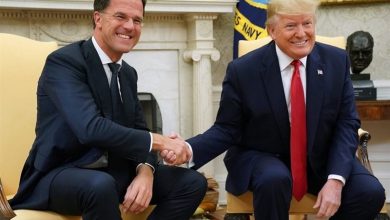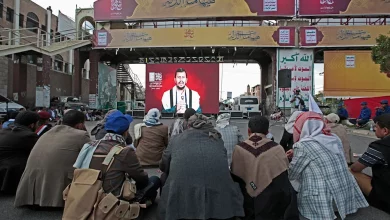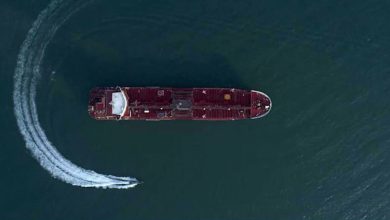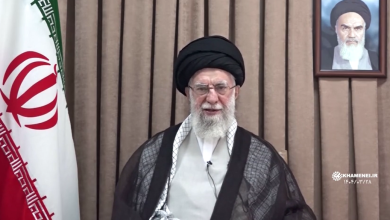We will stand by Hezbollah until liberation of Palestine, al-Quds: IRGC Quds commander
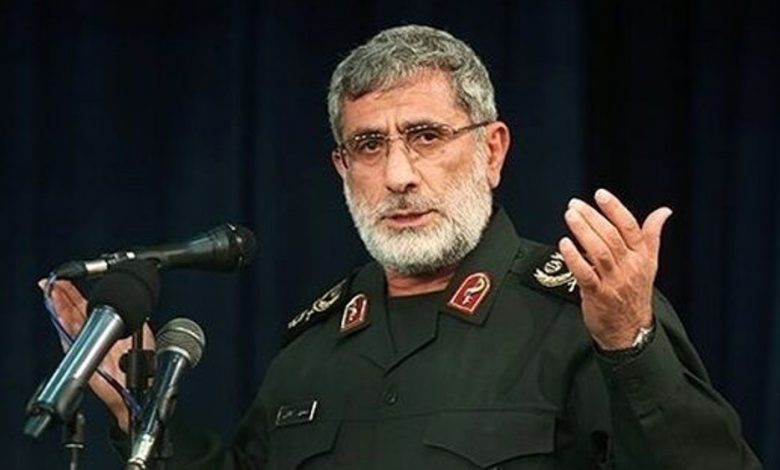
The commander of the Quds Force of the Islamic Revolution Guards Corps (IRGC) says Iran will stand by the Lebanese resistance movement Hezbollah until the liberation of Palestine and the Holy al-Quds.
Brigadier General Esmail Qaani made the statement in a Sunday message of condolences over the assassination of Sayyed Hassan Nasrallah, Hezbollah’s longtime leader, in an airstrike on southern Beirut on Friday using American-supplied bunker-buster bombs.
He said the sad martyrdom of the Hezbollah chief caused deep grief among all Iranians, the Islamic Resistance Front and the free people of the world.
Nasrallah spent all his life in the battle against the most evil enemies of Islam and the holy Qur’an and finally dedicated his blood to the high Islamic values and the path toward supporting the oppressed people of Palestine and Lebanon, the IRGC commander emphasized.
He noted that the wise Hezbollah chief led the movement and also played a key role in the fight against Daesh and Takfiri terrorists.

